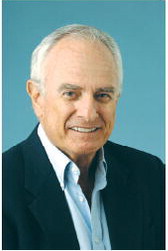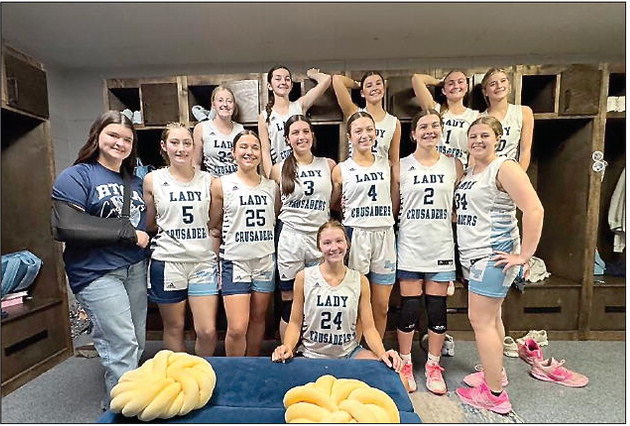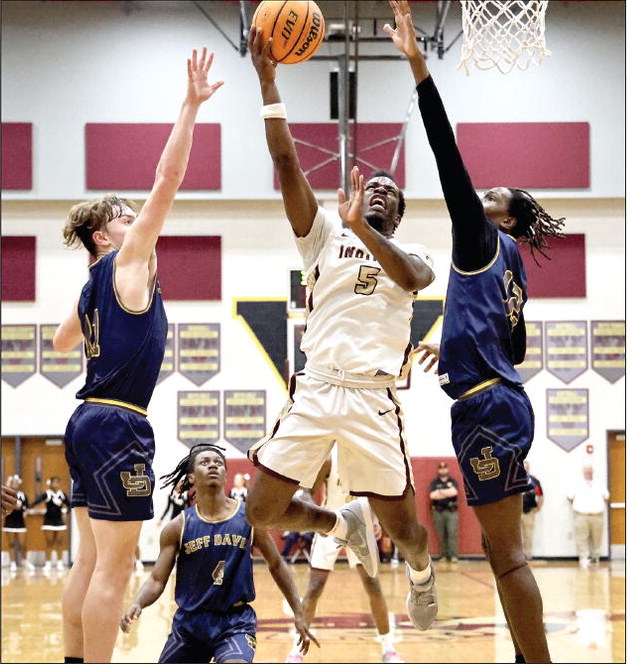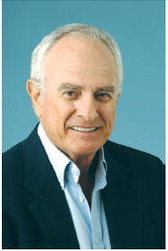Loran - Smith
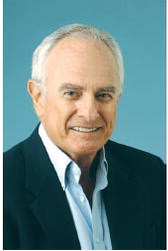

Loran
These are the facts in the life of Stephanie Ratcliffe to date. She is a native of Melbourne, Australia. She just won a gold medal in the hammer throw in the NCAA championships at Eugene, Oregon, and has a modesty and correctness that brings about a girl nextdoor demeanor, which makes one consider her a female version of former Bulldog receiver, Brock Bowers.
Modesty trumps ego with her. Manners are inherent in her makeup. All decisions are made with measured, common-sense analysis with an underscoring of practical thinking. You do not find those attributes in a manual—they come naturally. Additionally, she is an ultra-ambitious competitor who is never short on competitive intensity with an insatiable appetite to take first prize.
She grew up with a calculated view prevailing with her focus. She aspired to achieve an American education since the U. S. is where the best hammer competition is, but when it came to scholarship discussions with college recruiters, she made sure they were aware that academic options were accented as much as competitive opportunity.
While her name suggests that she might have British origins, her father is a bona fide Aussie, and her mother’s family tree has Norwegian roots. When she was invited to come across to Boston at the behest of Harvard at age 17, she eagerly took her first trip to America without apprehension or trepidation. There is nothing provincial in her mental makeup.
From childhood, she was imbued with a sense of adventure and enlightenment, one who accentuates the positive. She knows how to cope with the travails of life while exploring and cultivating all options. If you see opportunity with wisdom and a spirit of adventure, you sort things out and take advantage.
She obtained a degree in neuroscience at Harvard and enrolled at UGA’s Terry College of Business for not one but TWO Master’s degrees. She already has completed Master’s degree requirements in business analytics and now is finishing up requirements for a Pathway MBA.
Few athletes in this country are as educated as she is as she begins to move on to her next station in life for which there is both travel and Olympic opportunity. She was in Paris for the ’24 Olympics, one of the most rewarding experiences of her life even though she did not bring home a medal. That has only heightened her goals and ambitions.
She will soon begin training for the Los Angeles Olympics, scheduled for ’28 and, glory glory, the ’32 games, which will come to Australia. “That would be the ultimate to compete before the fans of my country. To compete before a home crowd would be the thrill of a lifetime,” she says. “For hammer throwers our peaking age is our late twenties and early thirties. I am grateful for the opportunity that I have.”
UGA weights coach, Don Babbitt, is confident she can win Olympic gold. continued from page
He speaks of attitude, discipline, work ethic, compatibility with the vagaries of life among other positives. His evaluation of her is based on years of study, training and keen insight into coaching: “Stephanie,” he says, “does not have a traditional build for a world class hammer thrower, and she is not classically or traditionally strong in the weight room.
“She is probably built more like a volleyball player, but she has a very powerful lower body and has a gift of being able to turn and move with the hammer that few possess. The way she moves with the hammer is very efficient and smooth, very much like Roger Federer’s forehand and backhand. That is what makes her such a good hammer thrower and why she has the ability to continue to improve. “
Interviewing her brought about a flashback to conversations with Terry Hoage, former Georgia All-American defensive back, who had the highest academic credentials and objectives. Yet, the competitive juices caused him to continue playing professional football until an advanced degree was notpractical. Onedaywe were having a glass of wine from a cask at his winery in Paso Robles, California, and he grinned wistfully, saying, “It is only an hour flight, actually less, from here to Stanford so I could commute.” Iamoneof those who is surprised that he did not follow through.
Nonathletes do not understand what motivates competitors. Terry’s options were PhD, MD, and the corporate boardroom if financial accumulation had become a priority. He simply could not vacate the competitive arena. Yet, he always thought about pursuing opportunities in the medical field with advancing age.
Stepanie Ratcliffe has a similar attitude. She has an unquenchable thirst for competition but it has forever been coupled with an equal helping of academic ambition.
That is what the scholarship or grant-in-aid system was intended to do decades ago. What greater benefit could there be than to play a sport and be gifted with a degree in return? We let greed destroy all that goodness. While they are in a minority, there are more athletes out there with the all-around credentials of Brock Bowers and Stephanie Ratcliffe. For those, the athletic scholarship is a remarkable godsend. They are the ones who should be lionized for being the “complete” persons.



